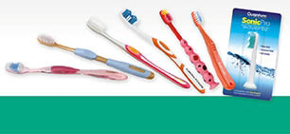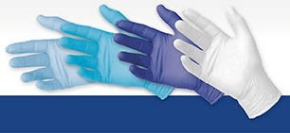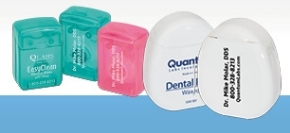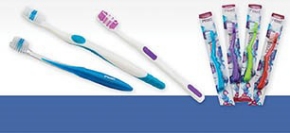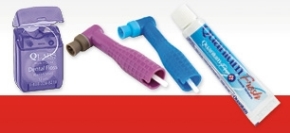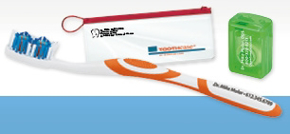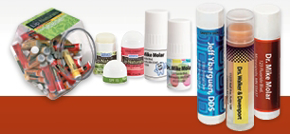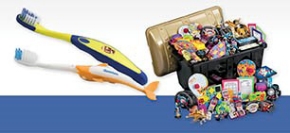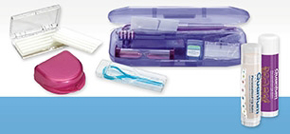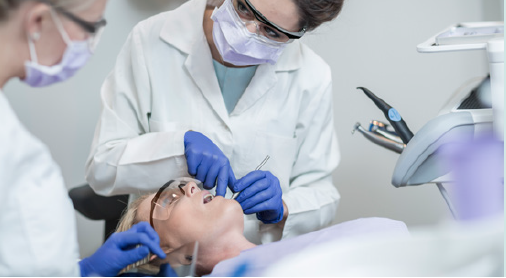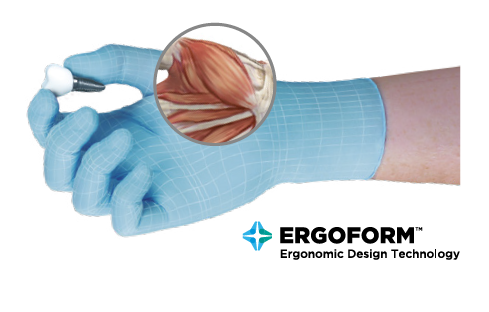Protect Your Hands – Preventing Carpal Tunnel Syndrome in Dentistry

Protect Your Hands – Protect Your Livelihood
Preventing Carpal Tunnel Syndrome in Dentistry - 1 Free CEU for Dental Professionals
Individuals working in the dental field have a high risk of developing musculoskeletal disorders (MSDs) due to repetitive motions that lead to strain and fatigue. Mary Govoni, breaks down the basics of MSD risk factors in dentistry and offers valuable insights. The webinar, titled “Protect Your Hands – Protect Your Livelihood,” details the principles of ergonomics, common injuries in dentistry, and several prevention strategies in order to raise awareness to those working in the dental vertical.
PRINCIPLES OF ERGONOMICS
Ergonomics, to put it simply, is making the workplace a better fit for higher worker efficiency and safety. Ergonomic principles are guidelines that effectively prevent injury in the workplace. These principles include:
• Working in a neutral position and practicing good posture
• Decreasing the need for excessive force
• Keeping materials and instruments within easy reach
• Working at the proper height and position
• Reducing unnecessary motions
• Minimizing contact stress
• Moving and stretching throughout the day
Ergonomic injuries end careers, forcing dentists, hygienists, and assistants to retire early. 29.5% of dentists retire early due to musculoskeletal injuries.* These injuries are more common in dentistry than in other professions due to the repetitive motions and long work hours that are common for dental professionals.
One of the most common MSDs that occurs in dentistry is carpal tunnel syndrome, an entrapment of the median nerve in the wrist.
*Ergonomics in Dentistry https://www.ncbi.nlm.nih.gov/pmc/articles/PMC4144062/pdf/ijcpd-07-030.pdf
How to Prevent MSDs with ERGOFORM Gloves
When an individual wears a glove that restricts movement, they must exert more muscle effort to perform tasks. This increases the risk of strain that can lead to MSDs like carpal tunnel syndrome. Additionally, an ill-fitting glove can cause discomfort. The right gloves can make a critical difference in-hand comfort, from the material to the thickness, to its gripping ability. Ansell's ERGOFORM Technology provides comfort that enhances performance and alleviated the musculoskeletal stress that leads to injuries. Our optimized polymer formation creates thinner and stronger gloves for superior comfort, tactility, and maximum range of motion. Fitted, ergonomic gloves support musculoskeletal health, and allow dentists to continue doing what they love.
Shop ERGOFORM Gloves Now
MICROFLEX® Ultraform® UF-524
Comfortable, thin nitrile glove that offers affordable protection with an ergonomic design.
MICROFLEX® Neogard® C52
Ergonomically designed neoprene glove with exceptional grip
MICROFLEX® XCEED® XC-310
Ergonomically designed to reduce hand fatigue
| Presenter: Mary Govoni, CDA, RDA, RDH, MBA | |
| Credits: 1 CEU | Release Date: 10/27/21 |
| CE Supporter: Ansell | Expiration Date: 10/27/24 |
 | Musculoskeletal injuries are relatively common in dentistry, particularly back, neck and hand injuries. This CE webinar will focus on fundamental concepts of ergonomics and injury prevention. In particular, the webinar will emphasize the prevention of carpal tunnel syndrome, and other hand injuries, and the role that gloves play in their occurrence among members of the dental team. |
Visit Viva Learning for the free on-demand CE webinar


 Log in
Log in 


